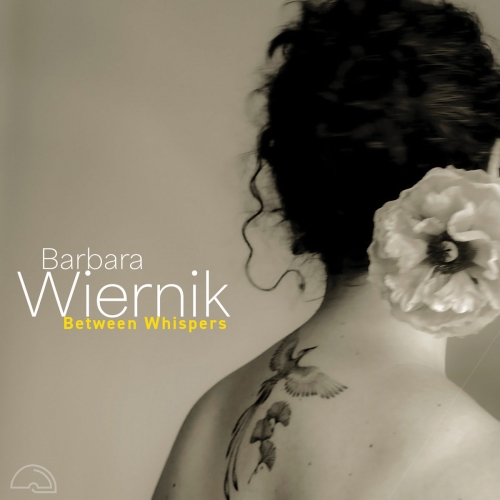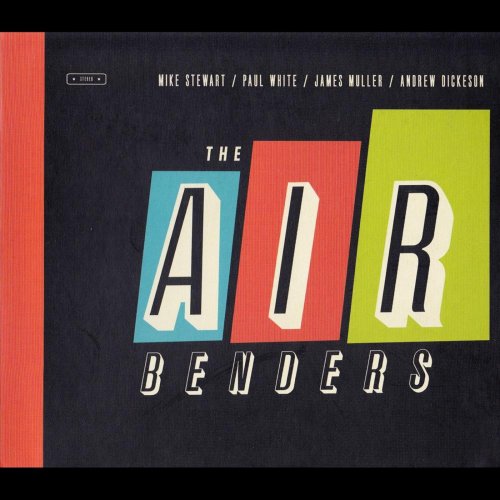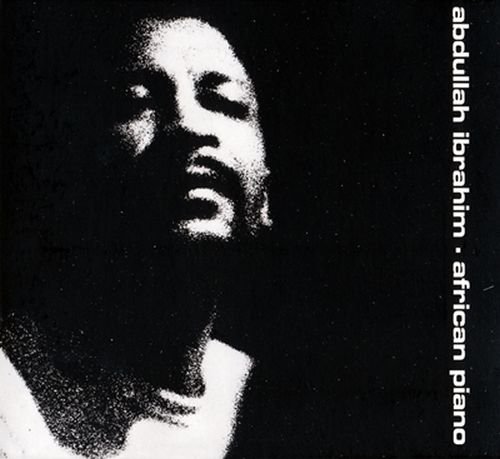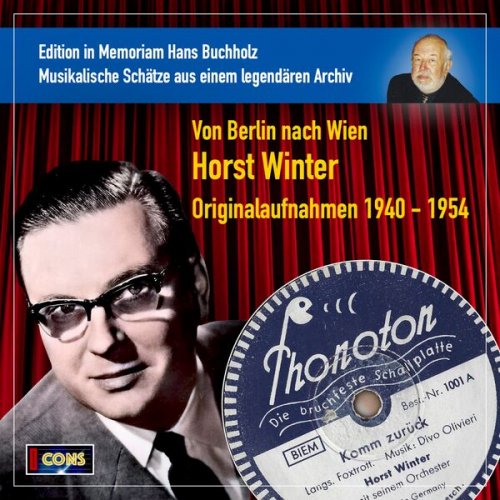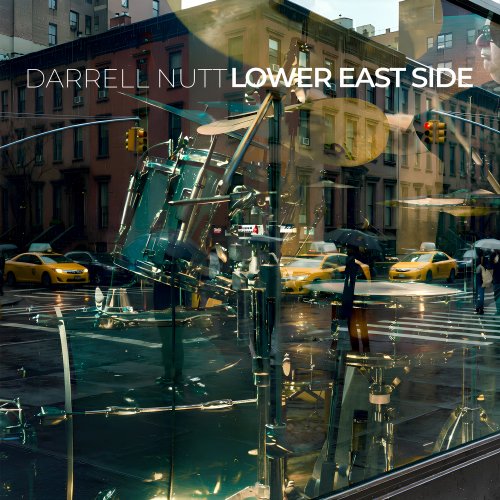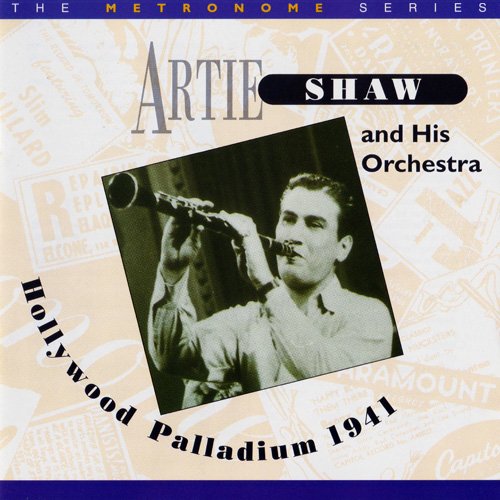Parno Graszt - Reggelig Mulatok (Zsite Hara Mulatino) (2011)
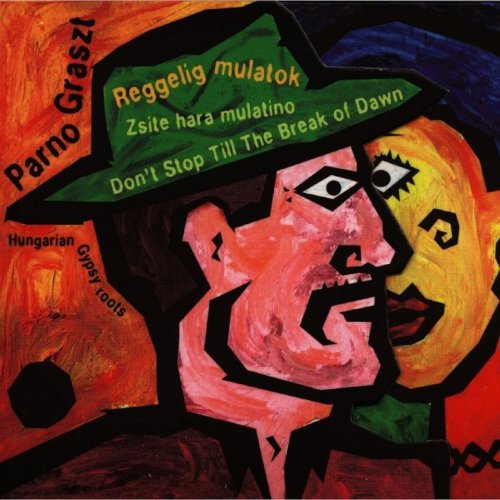
Artist: Parno Graszt
Title: Reggelig Mulatok (Zsite Hara Mulatino)
Year Of Release: 2011
Label: Fonó Budai Zeneház
Genre: Folk, Gypsy
Quality: FLAC (tracks) / MP3 320 Kbps
Total Time: 01:09:53
Total Size: 484 / 181 Mb
WebSite: Album Preview
Tracklist: Title: Reggelig Mulatok (Zsite Hara Mulatino)
Year Of Release: 2011
Label: Fonó Budai Zeneház
Genre: Folk, Gypsy
Quality: FLAC (tracks) / MP3 320 Kbps
Total Time: 01:09:53
Total Size: 484 / 181 Mb
WebSite: Album Preview
01. Dúj Sheja
02. Zsite Hara Mulatino
03. Estefelé
04. Loji Sas O Paradicsom
05. Üssed Neki
06. Jobb Dolga Van A Kutyámnak
07. Kispaszabon Fúj A Szél
08. Felszántatom
09. Muro Kiki
10. Nincsen Pénzem, Anyám
11. Sáros A Kocsim Kereke
12. Hosszú Lesz Az Éjszaka
13. Hogyha Nekem Jó Kedvem Van
14. Na Muk Devla
15. Phagero Jilo
16. Tu Zsanesz
17. Nincsen Pénzem, Se Késem
18. A Vén Gusztié
Personnel:
Jozsef Olah - tambura, guitar, voice
Janos Jakocska - guitar, voice
Maria Balogh - voice
Geza Balogh - guitar, voice
Sandor Horvath - voice
Istvan Nemeth - can, oral bass
Maria Varad - voice
Janos Olah - double bass, voice
Guests:
Kálmán Balogh - cimbalom
Ferenc Radics - violin
Zoltan Varadi - viola
Csaba Novak - double bass
Parno Grast means "White Horse". White as the symbol of purity and Horse as the symbol of freedom.
'The issue of Parno Graszt band's second CD satisfies a long lasting expectation of the audience Europe wide as the debut recording of the Hungarian gipsy band (Hit the piano, Fonó Records, FA-202-2) gained reputation achieving the number 7 level on World Music Chart Europe in October 2002. The concert events of the band have always reached the highest level of success wherever they have performed on stage.
Featured guest artists on the CD are renowned Hungarian musicians, among them cimbalom player Kálmán Balogh.
The gypsy band Parno Graszt were recently featured in a BBC 4 TV programme in the UK. The programme shows the vibrant village culture that still exists today in Paszab today, a community of gypsies in Szabolcs-Szatmár-Bereg. That this culture is still alive today is due, in no small way, to the fact that some 50 years earlier a village elder saw that external influences were eroding this way of live. Despite having no real education he set about ensuring that the subtleties of their gypsy way of life - music, dance etc, were preserved for the future.
Todays' generation now revere these traditions and keep them alive in Parno Graszt. The core members may only number 7 but this can swell up to over 20 - including ten dancers of three generations - aged from 10 to 71 years old, when the occasion demands it.
Transportation in the village is still a horse and cart. The importance of their horse being acknowledged in the name they call their gypsy band: White Horse = Parno Graszt.
When a guest visits their small village in time of wedding, christening, funeral, ball or any other kind of ceremony, they will see that the whole population joins the band - the instruments go from hand to hand and everybody is a dance master.
Maybe this spirit of living tradition makes their concerts such frenetic celebrations. They have not only performed, but have also created folklore during the recording of their current album too - some of the songs where written while staying in the studio.
'The issue of Parno Graszt band's second CD satisfies a long lasting expectation of the audience Europe wide as the debut recording of the Hungarian gipsy band (Hit the piano, Fonó Records, FA-202-2) gained reputation achieving the number 7 level on World Music Chart Europe in October 2002. The concert events of the band have always reached the highest level of success wherever they have performed on stage.
Featured guest artists on the CD are renowned Hungarian musicians, among them cimbalom player Kálmán Balogh.
The gypsy band Parno Graszt were recently featured in a BBC 4 TV programme in the UK. The programme shows the vibrant village culture that still exists today in Paszab today, a community of gypsies in Szabolcs-Szatmár-Bereg. That this culture is still alive today is due, in no small way, to the fact that some 50 years earlier a village elder saw that external influences were eroding this way of live. Despite having no real education he set about ensuring that the subtleties of their gypsy way of life - music, dance etc, were preserved for the future.
Todays' generation now revere these traditions and keep them alive in Parno Graszt. The core members may only number 7 but this can swell up to over 20 - including ten dancers of three generations - aged from 10 to 71 years old, when the occasion demands it.
Transportation in the village is still a horse and cart. The importance of their horse being acknowledged in the name they call their gypsy band: White Horse = Parno Graszt.
When a guest visits their small village in time of wedding, christening, funeral, ball or any other kind of ceremony, they will see that the whole population joins the band - the instruments go from hand to hand and everybody is a dance master.
Maybe this spirit of living tradition makes their concerts such frenetic celebrations. They have not only performed, but have also created folklore during the recording of their current album too - some of the songs where written while staying in the studio.
![Victoria Alexanyan - VISHAP (2026) [Hi-Res] Victoria Alexanyan - VISHAP (2026) [Hi-Res]](https://img.israbox.com/img/2026-02/06/fp18m8tfhi28on3z9gks3ab7v.jpg)
![Tilaye Gebre - Tilaye's Saxophone With The Dahlak Band (2026) [Hi-Res] Tilaye Gebre - Tilaye's Saxophone With The Dahlak Band (2026) [Hi-Res]](https://www.dibpic.com/uploads/posts/2026-02/1770295066_w2gwzanarvmoc_600.jpg)
